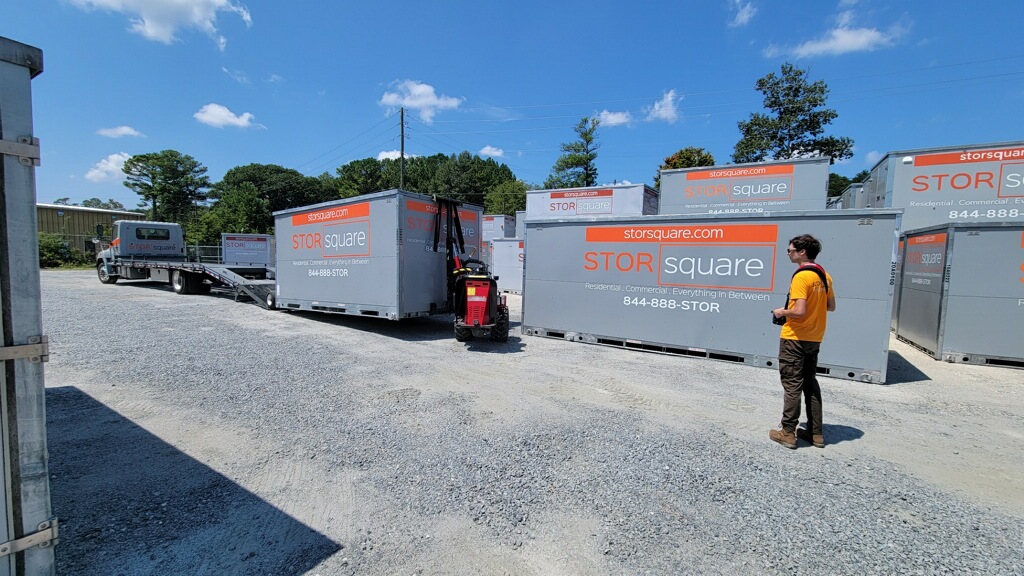Corporate relocations are becoming a major aspect of the landscape in 2025 as companies across the United States adjust to a constantly shifting market, with corporate relocation trends expected to bring significant changes in how businesses move their offices, facilities, and staff. These developments, from workforce mobility to sustainability, will impact businesses and create new opportunities and challenges for regional firms.
1. Increased Workforce Mobility and Hybrid Work Models
The ongoing increase in staff mobility is one of the most obvious trends in company relocations. Employees can now work from any location because to the widespread adoption of remote and hybrid work methods. Because of this, companies are no longer limited to conventional office buildings in large cities. Businesses are searching more and more for adaptable office spaces that can support both in-person and virtual collaboration.
Corporate relocations now focus more on creating flexible spaces than moving entire offices. Companies might move to more affordable, smaller locations or even adopt coworking facilities, which encourage teamwork without the overhead associated with huge offices. Businesses may swiftly adjust to changes in workforce demands by having the flexibility to scale office space as needed, including by deploying temporary storage solutions for excess goods or equipment.
2. Focus on Sustainability and Green Spaces
Corporate relocations continue to be motivated by sustainability. In 2025, businesses will prioritize energy-efficient infrastructure and eco-friendly buildings to reduce their environmental impact. In places like Clinton, where local companies are become more aware of their environmental impact, the trend is especially strong.
Businesses are increasingly moving into green-certified facilities or making energy-efficient retrofits to existing spaces. This change includes sustainable practices like trash reduction, renewable energy use, and eco-friendly transportation options such as bike racks and EV charging stations. Businesses can manage excess items during these transitions without adding to needless waste by using temporary storage solutions, such as those provided by organizations like STORsquare.

3. Expanding into Secondary Markets
As more companies adopt remote work, secondary markets expand while demand in traditional business center cities declines. Businesses are increasingly choosing to open in smaller cities and towns, which gives them access to local talent pools, fewer operating expenses, and a higher standard of living. This offers businesses the opportunity to draw in clients who might have otherwise passed over the region in favor of more expansive urban centers.
Access to affordable, expandable storage options becomes crucial for companies moving to or within these secondary markets. Businesses can use temporary storage units or mobile containers to store merchandise or supplies until ready to move, simplifying the transfer.
4. Technology Integration and Smart Office Spaces
A major factor in many company relocations is technology. Smart office spaces are increasingly becoming a focal focus of these relocations as businesses move toward digitization. In 2025, businesses will seek office spaces with smart technology, high-speed internet, and advanced security systems.
To remain competitive, companies thinking about moving must incorporate the newest technologies into their new locations. Businesses can manage assets more effectively during a move with technologies like automated inventory management, mobile storage units, and smart storage systems.
5. The Role of Local Communities in Corporate Relocations
Locating the ideal office space is only one aspect of corporate relocations. Businesses will also take into account the general standard of living in the community they are relocating to in 2025. When relocating, businesses will consider housing costs, local infrastructure, and access to amenities.
Storage solutions like those offered by STORsquare can assist in managing the logistics of transferring furniture, office supplies, and merchandise as companies seek to make these moves easier and more effective. Businesses can ensure a smooth transition and focus on neighborhood integration with scalable options and flexible leasing.

